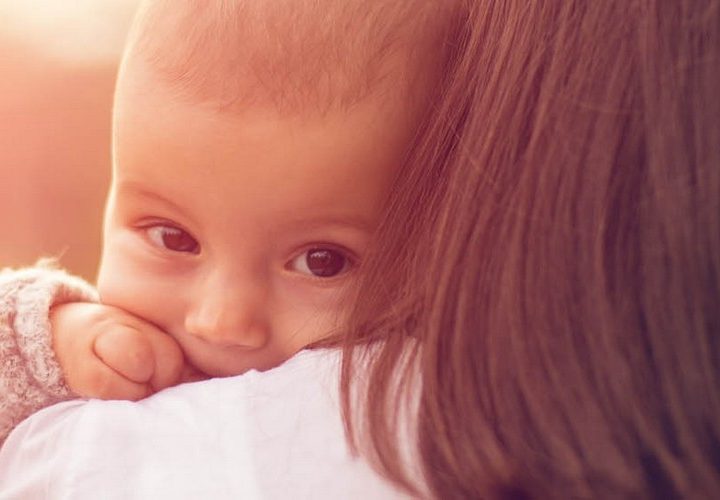It is estimated approximately 44% of households own a pet. For these 51 million pets it is inevitable that some of their owners will separate. Owners can develop strong emotional bonds with a pet and they can become an integral part of the family.
The Blue Cross reports it is the female partner, upon separation, who keeps the pet in nearly twice as many cases as a male partner. Some pets end up with a family member or friend while others find their way to an animal charity.
While there are procedures for sorting out arrangements for children, there is nothing similar when it comes to a pet. In fact, under English law, a pet is only recognised as a ‘chattel’ – in the same class of items as the pots and pans. However, whereas the pots and pans just need some water and washing up liquid to stay in good condition, pets need more than that and it is important to ensure that adequate steps are taken to care for a pet in accordance with the Animal Welfare Act 2006.
I have dealt with cases where keeping a pet has been a priority but, sadly, in other cases one partner has ‘abandoned’ a pet on the other’s doorstep. In planning for the care of a pet, while a shared care arrangement may sometimes work for children, it is perhaps less likely to be a suitable solution for an animal.
Most people will have heard of a pre-nuptial agreement to set out what should happen to assets on divorce. How about a ‘pet nup’? While it is unlikely many of provisions of a ‘pet nup’ would be enforceable (and you might want something less formal), it may be worth taking some time to plan what you would want to happen for your pet in the unfortunate event of separation. You may find it easier to give this some thought while a relationship is going well than in the turmoil of separation.
If you need any help with a family law problem, whether involving a pet or not, then Farleys can help. Please get in touch with the family law team on 0845 287 0939 or submit your enquiry online and a member of the team will get in touch with you.







